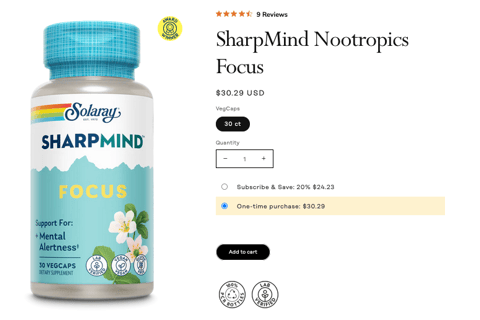100 Q&As about Learning | PART 3/5
Mental Barriers: Overcoming procrastination, fear, and perfectionism. Advanced Techniques: Speed reading, memory hacks, and applying what you learn. Applications of Learning: Career growth, relationships, and hobbies.
ARTICLES
Fouad FARJANI
Table of contents:
Foundational Questions: Why, where, and how learning starts.
Practical Strategies: Building habits, time management, and choosing the right tools.
Mental Barriers: Overcoming procrastination, fear, and perfectionism.
Advanced Techniques: Speed reading, memory hacks, and applying what you learn.
Applications of Learning: Career growth, relationships, and hobbies.
Lifelong Learning: Staying curious, avoiding burnout, and adapting to change.
Overcoming procrastination, fear, and perfectionism
41. What should I do when I feel stuck while learning?
Take a step back and change your perspective. Try explaining the concept to someone else or approaching it from a different resource—like a video instead of a textbook. Often, rephrasing or switching mediums unlocks clarity.
42. How can I overcome self-doubt when learning something new?
Focus on small wins. Each step forward—no matter how minor—is proof that progress is possible. Avoid comparing your progress to others; compare it to where you started instead.
43. What if I feel like I’m too old to learn?
It’s never too late. Studies show adults can learn just as well as kids with the right strategies. In fact, older learners often bring focus, discipline, and life experience that speed up the process.
44. How do I deal with failure or setbacks?
Reframe failure as feedback. Ask, What did I learn from this experience? Use that lesson to adapt your strategy and try again. Remember, every expert was once a beginner who failed many times.
45. What if I lack time to dedicate to learning?
Use micro-learning: dedicate 5-15 minutes daily to small chunks. Leverage downtime, like listening to audiobooks during commutes or practicing during lunch breaks. Progress is cumulative, no matter how small.
46. How can I handle burnout?
Recognize the signs early: fatigue, lack of motivation, or dread. Take a break to recharge, simplify your learning schedule, and reintroduce variety or fun into the process.
47. What if I’m afraid of making mistakes?
Mistakes are essential to learning. Instead of fearing them, view them as experiments. Each mistake reveals what doesn’t work, bringing you closer to what does.
48. How do I overcome a lack of resources?
Be resourceful. Use free platforms like YouTube, Khan Academy, or public libraries. Find communities online or offline where people share knowledge and tools.
49. What if I have trouble concentrating?
Identify what’s stealing your focus. Is it your environment, fatigue, or stress? Create a dedicated, clutter-free workspace and establish focus-boosting habits like deep breathing or meditation.
50. How can I stay consistent when I lose interest?
Revisit your why—the reason you started learning in the first place. Break your routine into shorter, enjoyable bursts, or switch up your learning methods to re-engage your curiosity.
51. What do I do if the material feels too hard?
Simplify. Break the material into smaller pieces, and tackle one at a time. Look for beginner-friendly explanations or analogies to build your foundation before diving deeper.
52. How can I balance learning with other responsibilities?
Set boundaries and schedule specific times for learning. Even 20 minutes of focused effort daily is better than trying to cram it all at once. Communicate your goals to family or colleagues for support.
53. What if I don’t have anyone to support my learning journey?
You’re not alone—communities like Reddit, Discord, or Meetup often have groups for learners in every field. Seek virtual mentors through platforms like LinkedIn or Coursera.
54. How can I avoid comparing myself to others?
Focus on your progress. Social media often distorts reality, making others’ achievements seem effortless. Measure success by how much you’ve grown since yesterday—not by someone else’s highlight reel.
55. What if I lose motivation entirely?
Reassess your goals. Maybe the skill you’re pursuing no longer aligns with your values. It’s okay to pivot or take a break to recharge.








